
Cape Town: Beautiful Skin – exclusive guide by Dr Des Fernandes, one of the world’s leading experts on skin care
Scientists are promising us that we are going to live longer but who wants to live longer if it only means that we are going to look and feel old for longer. We have to do something to lengthen our youthful years and shorten our senile period, says leading cosmetic surgeon, Dr Des Fernandes.
The most visible change is in our skin and so we have to learn strategies to keep our skin as young and healthy as possible.:
We know that conventional cosmetics and salon treatments dont work but fortunately we live in the age of Cosmeceutics. Cosmeceutics are cosmetics that have act like pharmaceutical products. Thats the medicine that photoaged skin needs because photoageing is a vitamin deficiency skin disease caused by exposure to light, and free radicals which destroy vitamins A, E and C and beta carotene in the skin. The medicine for photoageing should at least supply what has been lost by exposure to light:
1. Vitamin A is responsible for regulating the health of DNA in every cell of the body, but in the skin vitamin A is destroyed by exposure to light. Vitamin A is essential for activating enzyme systems and keeping keratinocytes and fibroblasts healthy. If there is insufficient Vitamin A in the skin then no matter what cosmetic you put on it, the cells cannot really be healthy. Vitamin A and Beta Carotene therefore has to be part of daily skin-care routine for everyone who is exposed to light!
2. Vitamin C and E are also destroyed by exposure to light. They are fundamental components of the antioxidant brigade that protects cellular membranes and DNA. They are essential for metabolism and maintenance of cellular health. For our skins health we are compelled to address their deficiency every time we go out into sunlight.
Intrinsic ageing of the skin is also not inevitable. It is really a wasting skin disease caused by:
1. free radicals;
2. deficiencies of hormones, vitamins, and micronutrients
3.and other essential factors like cellular electrical charges, that dwindle as we get older.
Topical Vitamin A and antioxidants can reverse certain aspects of photoageing. Vitamin A by itself has a great effect, as does vitamin C, but the combination with a full antioxidant brigade is the most effective. Until this basic fact of vitamin replacement is understood, the preservation of young skin will remain elusive! But remember, replenishment of vitamins has to be combined with sensible protection from the sun without impairing vitamin D production.
I believe that there are two significant rules to revolutionise skin care:
Rule 1: Every skin care regime should have Vitamins A, C, E and Beta Carotene included at least once a day.
Rule 2: vitamin replenishment should start soon after we become exposed to sunlight. That means we start replenishment soon after walking! New creams specifically for very young children need to be introduced.
To make sure that people could protect themselves adequately, I created a laboratory to make this ideal skin care range without any added preservatives or perfumes. This product supplies the skin with vitamins A, C, E , panthenol and beta carotene.
VITAMIN A. Sunlight causes not only a lower concentration of Vitamin A in the skin but prolonged exposure can also lower the blood levels of Vitamin A. We all walk around with a deficiency of Vitamin A in every part of skin that is exposed to light. We need to replenish that Vitamin A every day otherwise our Vitamin deficit is translated into skin damage not only after being in blisteringly hot sunlight, but also on cloudy days because UV-A can penetrate through clouds!
We cant rely on diet to replenish this Vitamin A because once Vitamin A has been depleted, it takes up to a week to restore the normal levels. We have to restore normal levels of Vitamin A through the skin itself.
Women have an added disadvantage because their vitamin A levels fall each time they menstruate and so in reality they are more susceptible to sun damage at that time.
Some people believe that retinol (vitamin A alcohol) is actually the true form of vitamin A. Retinoic acid is just the acid form of Vitamin A and we now know that all the various forms of Vitamin A are interchangeable in the skin cells. The truth is that whatever form of vitamin A you put on your skin, it is going to be changed by the skin cells into retinyl palmitate. I prefer to use retinyl palmitate for basic replenishment of cutaneous vitamin A because it is the least irritant form of vitamin A, and under normal conditions constitutes almost 90% of the vitamin A in the skin. Not only that but palmitic acid has an essential role in the maintenance of healthy cell walls and is also a source of energy that is required to create the various forms of vitamin A.
Beta Carotene is often called vitamin A but it is not true vitamin A. ,It can be converted into 2 molecules of retinaldehyde.. Beta Carotene is one of the most powerful antioxidants found in nature whereas Vitamin A is not. In other words Beta Carotene counteracts the effects of the sun whereas Vitamin A is actually destroyed by the sun. So we really need both Vitamin A and beta Carotene in our skins
Vitamin A makes the skin thicker. And normalizes the skin cells. It potentiates the immune cells to keep the skin healthy and reduces pigmentation. The waterproofing barrier of the skin is enhanced and the very surface horny layer of the skin is compacted and appears smoother.
The collagen making cells of the ski (Fibroblasts) are stimulated to make healthy collagen and natural moisturising factors. This also plumps out the skin. Sebum secretion is normalised and so the incidence of acne is reduced. Oily skin becomes normal. However, if one has dry skin to start with, then Vitamin A initially makes it worse before it boosts the natural moisturisation.
The skin takes on a healthier hue because of the better blood supply. This is usually noticed in older sallow skins.If the skin is sun damaged then Vitamin A helps to restore normal soft skin and reduces the keratoses. Old wrinkled skin gets smoother.
People with skin conditions like atopy (where the natural waterproofing barrier has been impaired) can also use a cream like this. Topical vitamin A may help to re-establish a healthy horny layer. A product without perfumes or preservatives and proper doses of vitamin A and the other antioxidants can give stunning improvement of skin.
In order to protect the skin each day, yet allow for the formation of natural vitamin D, a low SPF should be used for simple round the town sun exposure. The low SPF can be augmented in effect if the day cream has been fortified by the addition of natural vitamin A and antioxidants. These antioxidants will reduce the damage from UV light.
Vitamin C is essential for the production of collagen and also for reducing pigmentation blemishes. Unfortunately vitamin C (ascorbic acid)is unstable in cosmetic formulations, despite the various claims made by different companies about the stability of their products. If you are going to use ascorbic acid then make sure that the product is less than three weeks old when you buy it otherwise you are buying a much weaker product than you expect. A more stable, and more effective form of vitamin C is magnesium (or sodium) ascorbyl phosphate that will give you its strongest effects for about five months. I prefer to use a product that is specially made for the client to ensure the greatest efficacy.
Vitamin E is an oil phase antioxidant and is essential for the preservation of cell walls. Vitamin E depends on adequate amounts of vitamin C to regain activity after it has dealt with a free radical.
Summary
The skin ages because we lose essential light sensitive vitamins every time we go out into light. The scientific method to counteract this damage is to replace the lost vitamins every single day and preferable both morning and evening. Vitamin A is the key molecule that maintains safe, healthy skin and it should be used by every single person on this planet every day in order to neutralize the accelerating damage from a thinner ozone layer.
For more information: www.environ.co.za and www.renaissancebsi.co.za
UK stockists of Environ skin creams: T: + 44 (0)20 8450 2020.
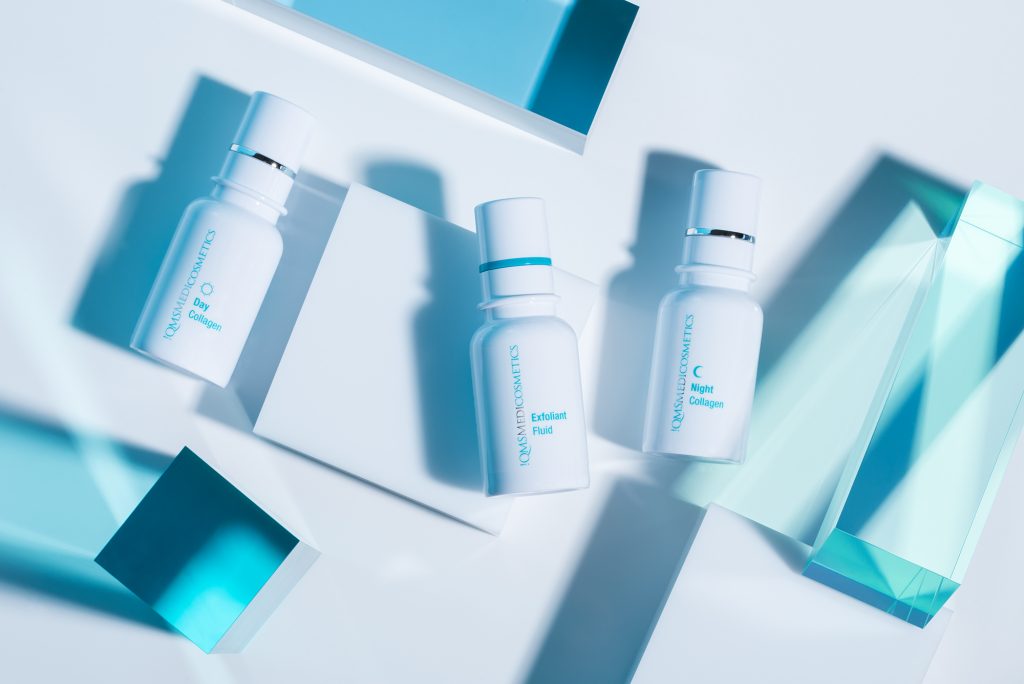
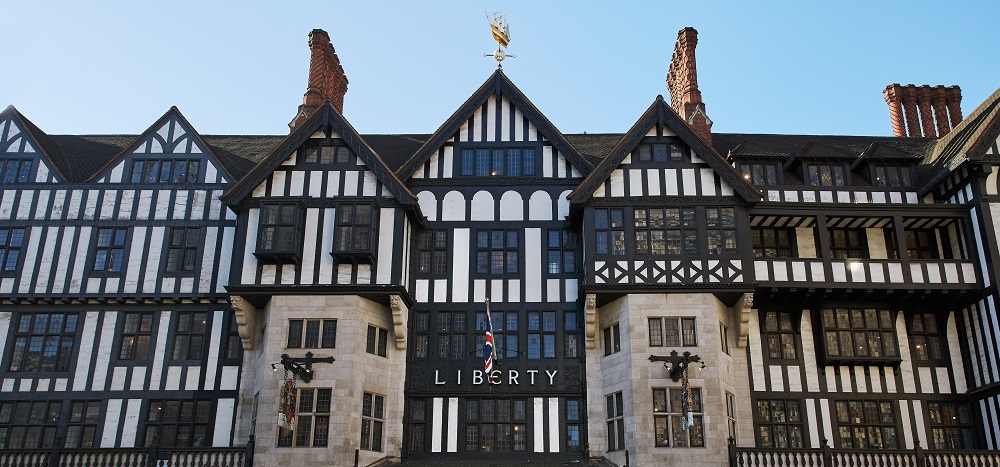

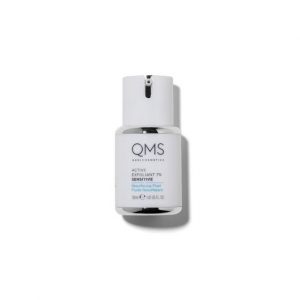
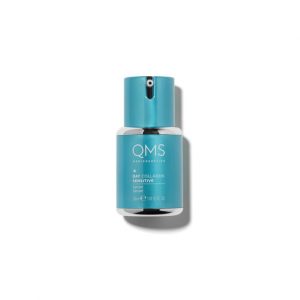
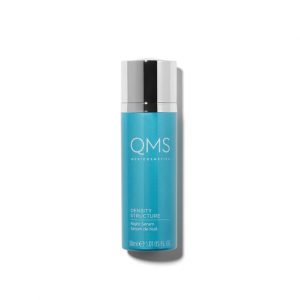
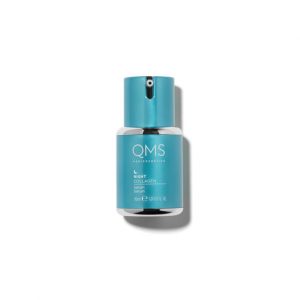
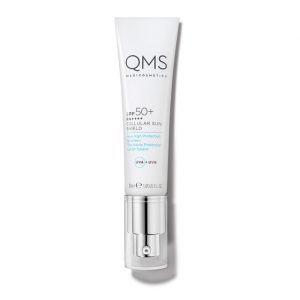


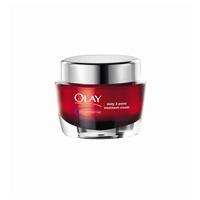
new.jpg)